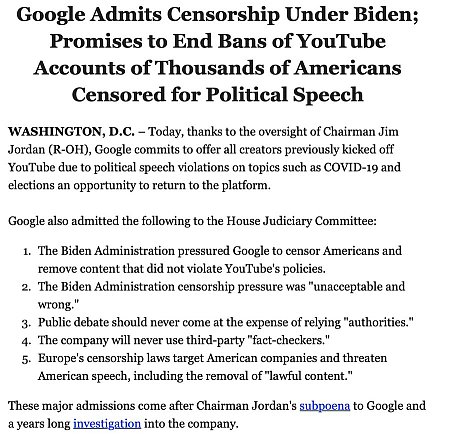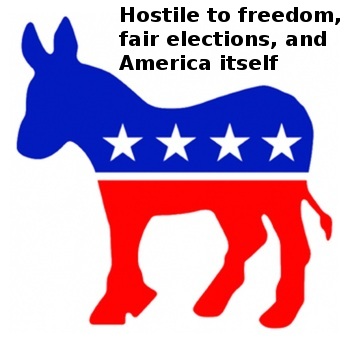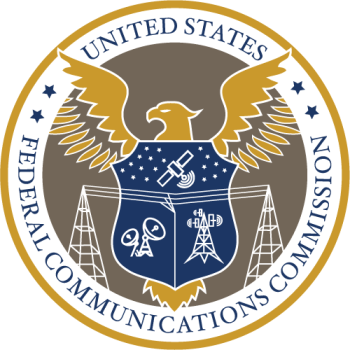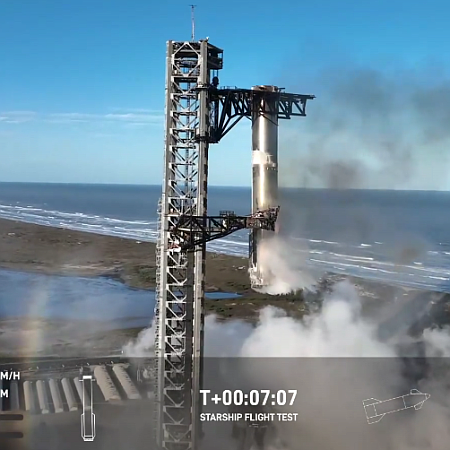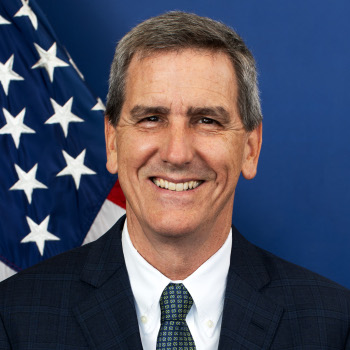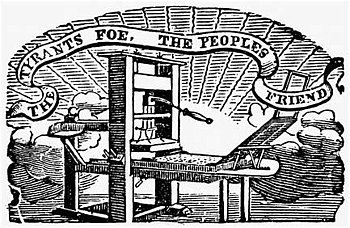Google admits to bowing to Biden censorship, and vows to end all bans
In a major announcement, the House Judiciary committee today revealed that Google has admitted that it had bowed to direct pressure by the Biden administration to censor conservatives, and it now vows to never bow to such pressure again.
The company has also agreed to allow everyone it banned due to that pressure to return to Youtube.
The graphic to the right comes from the committee’s announcement. All five points listed are critical to the future. First, Google now confirms the truth of another “rightwing conspiracy theory”. The Democratic Party under Biden was aggressively abusing its power to censor its opposition. Second, Google now admits it participated in this wrong-doing, and pledges to never do it again.
Finally, and most important, it notes the threat to freedom and free speech now posed by Europe and its new censorship laws. That threat is real, and unless American companies have the courage to tell Europe to pound sand, we could see them agreeing to squelch our speech in order to keep their businesses open in Europe. Google is essentially asking Congress and the federal government to do something to protect it from those laws.
In a major announcement, the House Judiciary committee today revealed that Google has admitted that it had bowed to direct pressure by the Biden administration to censor conservatives, and it now vows to never bow to such pressure again.
The company has also agreed to allow everyone it banned due to that pressure to return to Youtube.
The graphic to the right comes from the committee’s announcement. All five points listed are critical to the future. First, Google now confirms the truth of another “rightwing conspiracy theory”. The Democratic Party under Biden was aggressively abusing its power to censor its opposition. Second, Google now admits it participated in this wrong-doing, and pledges to never do it again.
Finally, and most important, it notes the threat to freedom and free speech now posed by Europe and its new censorship laws. That threat is real, and unless American companies have the courage to tell Europe to pound sand, we could see them agreeing to squelch our speech in order to keep their businesses open in Europe. Google is essentially asking Congress and the federal government to do something to protect it from those laws.

